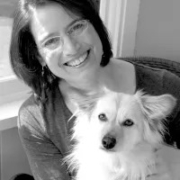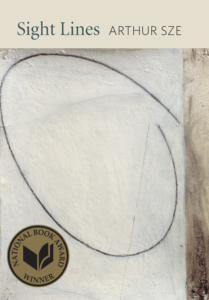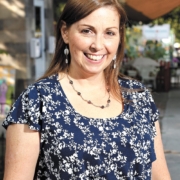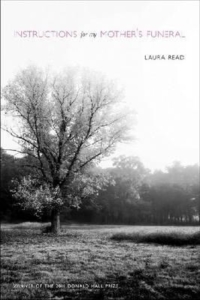Tracy K. Smith, Wade in the Water
WADE IN THE WATER, Tracy K. Smith. Graywolf Press, 250 Third Avenue North, Suite 600, Minneapolis, MN 55401, 2019, 96 pages, $16 paper, www.graywolfpress.org.
For my last poet in #nationalpoetrymonth, this book is too perfect. Here’s Graywolf Press’s description:
In Wade in the Water, Pulitzer Prize winner Tracy K. Smith boldly ties America’s
contemporary moment both to our nation’s fraught founding history and to a sense of the spirit, the everlasting. Here, private utterance becomes part of a larger choral arrangement as the collection includes erasures of the Declaration of Independence and correspondence between slave owners, a found poem composed of evidence of corporate pollution and accounts of near-death experiences, a sequence of letters written by African Americans enlisted in the Civil War, and the survivors’ reports of recent immigrants and refugees. Wade in the Water is a potent and luminous book by one of America’s essential poets.
—https://www.graywolfpress.org/books/wade-water
I lack words enough to describe this book. “Choral arrangement” helps (beginning with the gospel title). “Luminous” seems overused, but I knew when I found the audio version of Wade in the Water, that I would have to try to write about it. It captures both transcendence and terror, life itself. “I Will Tell You the Truth About This, I will Tell You All About It,” one title promises us, and Smith delivers. I would love to know more about the process of writing these poems, or “creating” them, as some are erasures and others, collages of voices of slaves, and of Black Civil War soldiers and veterans. Smith brings it all to the page, and hearing her read this book aloud made my day.
Smith’s first book Life on Mars won the Pulitzer Prize; she served as U. S. Poet Laureate from 2017-2019. She is a must-read.
This is the first poem in the book, far more conventional than poems later in the collection, but easier for me to reproduce for you. (Find more poems at https://www.poetryfoundation.org/poets/tracy-k-smith#tab-poems.)
Garden of Eden
What a profound longingI feel, just this very instant,
For the Garden of Eden
On Montague Street
Where I seldom shopped,
Usually only after therapy
Elbow sore at the crook
From a handbasket filled
To capacity. The glossy pastries!
Pomegranate, persimmon, quince!
Once, a bag of black beluga
Lentils spilt a trail behind me
While I labored to find
A tea they refused to carry.
It was Brooklyn. My thirties.
Everyone I knew was living
The same desolate luxury,
Each ashamed of the same things:
Innocence and privacy. I’d lug
Home the paper bags, doing
Bank-balance math and counting days.
I’d squint into it, or close my eyes
And let it slam me in the face—
The known sun setting
On the dawning century.
—Tracy K. Smith
I found numerous recordings on the web, and felt this one–her thoughts on the history and witness of Black poetry, and a tribute to Amanda Gorman–was the perfect one to share.



 collection, but busy, too—like a care-taking daughter—with minutiae. Doctor appointments, dust, hospital rooms, post-it notes nudging a failing memory, loss.
collection, but busy, too—like a care-taking daughter—with minutiae. Doctor appointments, dust, hospital rooms, post-it notes nudging a failing memory, loss.
 Then I stumbled across this one, sat down, and read it all the way through. Arthur Sze has long been one of my favorite poets, and Sight Lines is a book I already knew well. I’ve studied the poems and shared them with my writing group. But reading the whole book, all in one go, was a very different experience. (I recommend both approaches.)
Then I stumbled across this one, sat down, and read it all the way through. Arthur Sze has long been one of my favorite poets, and Sight Lines is a book I already knew well. I’ve studied the poems and shared them with my writing group. But reading the whole book, all in one go, was a very different experience. (I recommend both approaches.)
 Then life goes on. A life in three parts. Swoon-worthy writing here, and poems I wish I’d written.
Then life goes on. A life in three parts. Swoon-worthy writing here, and poems I wish I’d written.